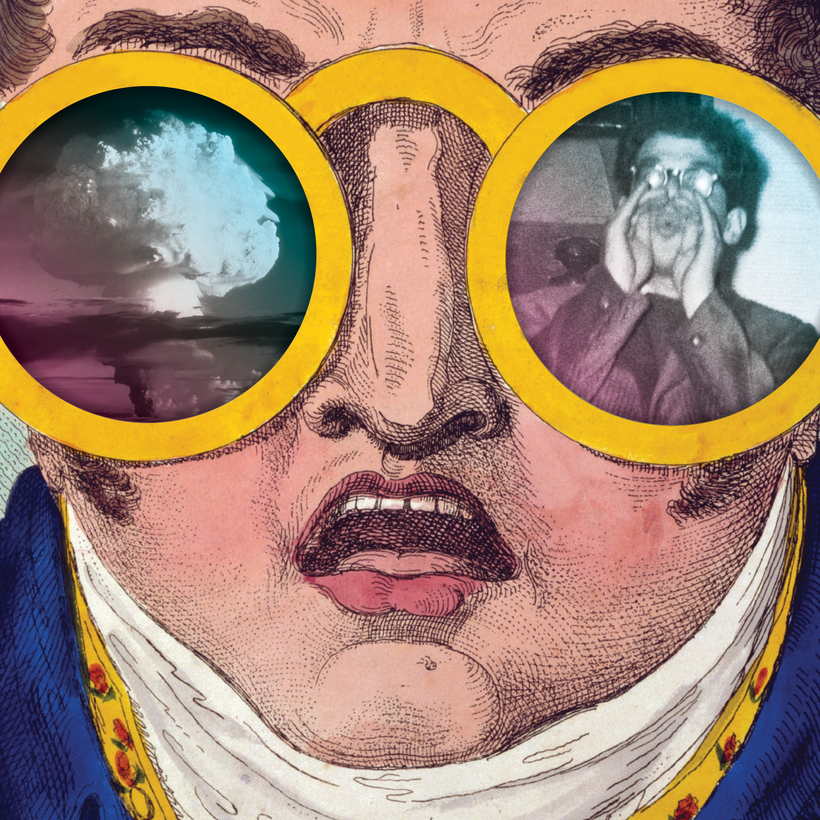On October 7, 1955, the Beat poet Allen Ginsberg read his poem “Howl” at the Six Gallery, in San Francisco. Poems don’t usually change the world, but “Howl” did ruffle some feathers.
More than 100 people attended that night, more than expected. The Six was both venue and metaphor: as a converted auto-repair shop, it was perfectly suited to a movement dedicated to dissonance. Ginsberg took the stage, clutching his typewritten pages. Dressed in a jacket and tie, his hair neatly trimmed, he looked more like a high-school teacher than he did an anarchic poet.


